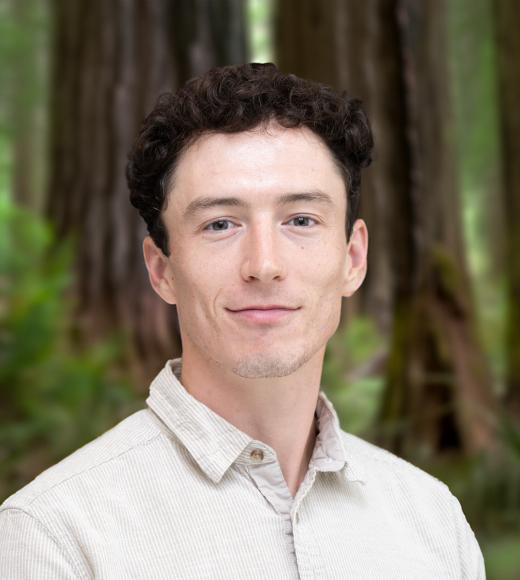Practicum Internships
About the Practicum
EPM requires each graduate student to complete an internship/practicum (ENV 296; 6 units) for their Comprehensive Exam portfolio. The purpose of the EPM Practicum is to provide an opportunity for students to integrate and apply their coursework to a problem in an applied professional setting, and to gain experience working for a government agency, private company or non-governmental organization. The client organizations benefit from the work of talented graduate students, the opportunity to work with potential new hires and connection to the broader network of UC Davis faculty and experts.
Partner with Us
If you have an opportunity that you would like to hire an EPM student for, you can send a position description to Jessica Penrose. Please be sure to include the following information:
- Position description and anticipated tasks
- Special skills required (GIS, R, etc)
- Start and end dates
- Hours per week
- Remote, in-person or hybrid
- Include location if in-person or hybrid
- Pay rate
Benefits
Internships don't only benefit students, they benefit the host organizations too.
- Access to talented graduate students: bring deeper expertise and specialized knowledge to your special project
- Pipeline for full-time hires: assess a potential hire's skills and fit before hiring full-time
- Fresh perspectives: bridge the gap from industry to academia by incorporating diverse perspectives from students immersed in current topics in environmental policy and management
- Deepen connections: private-university partnership create access to faculty expertise, research collaborations and a continued stream of qualified candidates
- Cost-effective project support: Interns can tackle specific projects and provide support at lower costs than hiring a consultant or a full-time employee, while still delivering high-quality work
Learn more
View one-pager for host organizations
Featured Projects

Building a Just and Resilient Forest Economy: Sean Treacy with Sierra Institute for Community & Environment
When I began my Environmental Policy & Management (EPM) practicum, I expected to focus on forest management policies and economic modeling. What I didn’t expect was how much this project would reshape my understanding of research, policy, and the interconnected challenges of wildfire resilience, economic justice, and rural development.
Through my Graduate Student Research position with the UC Davis Environmental & Climate Justice Hub and the Sierra Institute for Community & Environment, I explored how wildfire resilience strategies can support climate action and drive sustainable, community-centered economic growth. My research culminated in The New Forest Economy, a report analyzing how prescribed fire, sustainable timber industries, and outdoor recreation can serve as viable economic strategies for California’s North State. But beyond the research itself, I gained practical skills, professional connections, and policy insights that will shape my career.

Madison Pelland with Westervelt Ecological Services
While obtaining my master’s degree I worked with Westervelt Ecological Services, establishing consistency between the Cache Slough Mitigation Bank (Bank) and the Delta Plan. This was a necessary step in the California Environmental Quality Act (CEQA) process for the Bank and verified the Bank’s role in enhancing ecosystem conditions in the Sacramento-San Joaquin Delta.
By examining the history, structure, mitigation measures, and policies of the Delta Plan, I wrote an overview document that described and summarized key takeaways and implications. This helped me construct a report that detailed how the construction and management of the Bank supports the Delta Plan and considers its policies and mitigation measures to receive a certification of consistency from the Delta Stewardship Council. Furthermore, this report aids in the agency approval of the Bank and is a necessary step in implementing the Bank’s goals and objectives. Without the development of this document the Bank would not be able to move forward, leaving species without habitat and ecosystems without sustainable resources as the Delta begins to lose its size and value.
